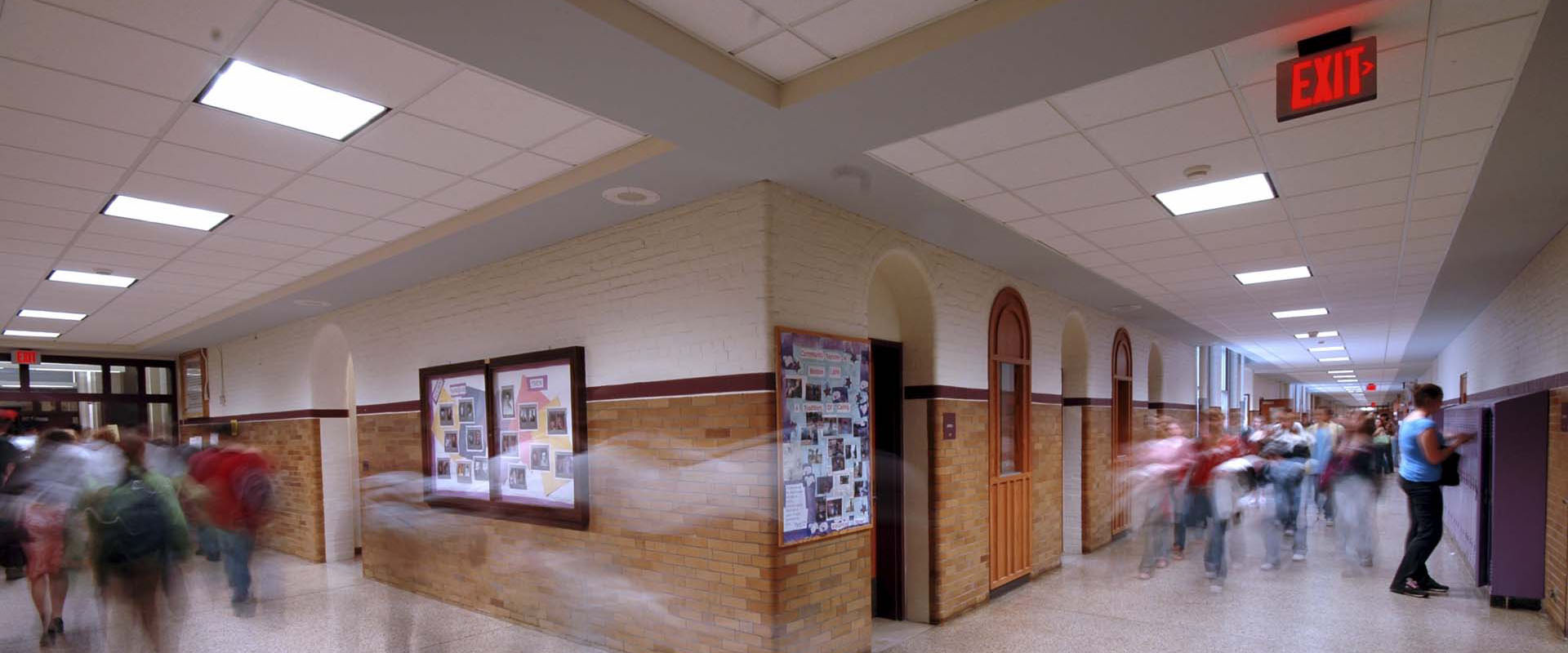Temporary Regulatory Reprieve For Higher Education Institutions Offering Online Or Distance Learning

July 2011
Number 33
On July 12, 2011, the U.S. District Court for the District of Columbia struck down a recentlypromulgated Department of Education regulation that required colleges that offer online courses to obtain authorization from every state in which they have students in order to participate in the DOE's financial aid program. The decision came in response to a lawsuit filed in January 2011 by the Association of Private Sector Colleges and Universities ("APSCU"). The court ruled that higher education institutions had not been provided adequate time to review the rule and comment on the new regulation, in violation of the federal Administrative Procedures Act.
Over the past several years, the DOE has become concerned that student aid programs were not being sufficiently monitored under the Higher Education Act of 1965 ("HEA"), thereby jeopardizing the programs' integrity. On June 18, 2010, the DOE issued a notice of proposed rulemaking on program integrity and began the period of notice and comment on the proposed regulations. Final regulations were promulgated by the DOE on October 29, 2010, and became effective July 1, 2011.
The state authorization requirement, one of the most controversial of the new regulations, provides:
(34 C.F.R. � 600.9(c).)
In striking down this requirement, the court found that although the proposed regulation would have required that "HEA institutions have approval from the States where they operate to provide postsecondary educational programs," the final regulation "requires online and distance education providers to obtain authorization from States in which their students are located and studying, and not simply from the State(s) in which the schools have physical campuses or conduct classes." (Emphasis added.)
Given the conflict between the proposed regulation and the final version, the district court determined that APSCU and its members were "undoubtedly prejudiced by their inability to attempt to persuade the DOE prior to its adoption of final regulations concerning added authorization requirements for distance and internet education institutions."
The court invalidated the regulation on procedural and due process grounds only, and was silent on whether the state authorization requirement was a proper regulation. Therefore, there is nothing stopping the DOE from reinitiating the regulatory process with regard to the state authorization requirement and providing the requisite notice and comment period. Moreover, even if the court's ruling is eventually upheld, or Congress blocks the regulation, states have now been made aware that there are many institutions operating in their states without the requisite approval. The temporary reprieve offered by the court's decision is a federal compliance reprieve, not a state one. Despite the court's ruling, higher education institutions are well-advised to continue their ongoing state-by-state compliance efforts.
If you have any questions regarding this case, or any other questions regarding higher education institutions, please contact one of our eight offices located statewide or consult our website.
�
Kevin Mills
Shareholder & Higher Education Practice Group Chair
Walnut Creek Office
kmills@lozanosmith.com
�
Courtenay Bravmann
Associate
Walnut Creek Office
cbravmann@lozanosmith.com
2011 Lozano Smith
Number 33
On July 12, 2011, the U.S. District Court for the District of Columbia struck down a recentlypromulgated Department of Education regulation that required colleges that offer online courses to obtain authorization from every state in which they have students in order to participate in the DOE's financial aid program. The decision came in response to a lawsuit filed in January 2011 by the Association of Private Sector Colleges and Universities ("APSCU"). The court ruled that higher education institutions had not been provided adequate time to review the rule and comment on the new regulation, in violation of the federal Administrative Procedures Act.
Over the past several years, the DOE has become concerned that student aid programs were not being sufficiently monitored under the Higher Education Act of 1965 ("HEA"), thereby jeopardizing the programs' integrity. On June 18, 2010, the DOE issued a notice of proposed rulemaking on program integrity and began the period of notice and comment on the proposed regulations. Final regulations were promulgated by the DOE on October 29, 2010, and became effective July 1, 2011.
The state authorization requirement, one of the most controversial of the new regulations, provides:
- If an institution is offering postsecondary education through distance or correspondence education to students in a State in which it is not physically located or in which it is otherwise subject to State jurisdiction as determined by the State, the institution must meet any State requirements for it to be legally offering postsecondary distance or correspondence education in that State. An institution must be able to document to the Secretary the State's approval upon request.
(34 C.F.R. � 600.9(c).)
In striking down this requirement, the court found that although the proposed regulation would have required that "HEA institutions have approval from the States where they operate to provide postsecondary educational programs," the final regulation "requires online and distance education providers to obtain authorization from States in which their students are located and studying, and not simply from the State(s) in which the schools have physical campuses or conduct classes." (Emphasis added.)
Given the conflict between the proposed regulation and the final version, the district court determined that APSCU and its members were "undoubtedly prejudiced by their inability to attempt to persuade the DOE prior to its adoption of final regulations concerning added authorization requirements for distance and internet education institutions."
The court invalidated the regulation on procedural and due process grounds only, and was silent on whether the state authorization requirement was a proper regulation. Therefore, there is nothing stopping the DOE from reinitiating the regulatory process with regard to the state authorization requirement and providing the requisite notice and comment period. Moreover, even if the court's ruling is eventually upheld, or Congress blocks the regulation, states have now been made aware that there are many institutions operating in their states without the requisite approval. The temporary reprieve offered by the court's decision is a federal compliance reprieve, not a state one. Despite the court's ruling, higher education institutions are well-advised to continue their ongoing state-by-state compliance efforts.
If you have any questions regarding this case, or any other questions regarding higher education institutions, please contact one of our eight offices located statewide or consult our website.
�
Kevin Mills
Shareholder & Higher Education Practice Group Chair
Walnut Creek Office
kmills@lozanosmith.com
�
Courtenay Bravmann
Associate
Walnut Creek Office
cbravmann@lozanosmith.com
2011 Lozano Smith
As the information contained herein is necessarily general, its application to a particular set of facts and circumstances may vary. For this reason, this News Brief does not constitute legal advice. We recommend that you consult with your counsel prior to acting on the information contained herein.





